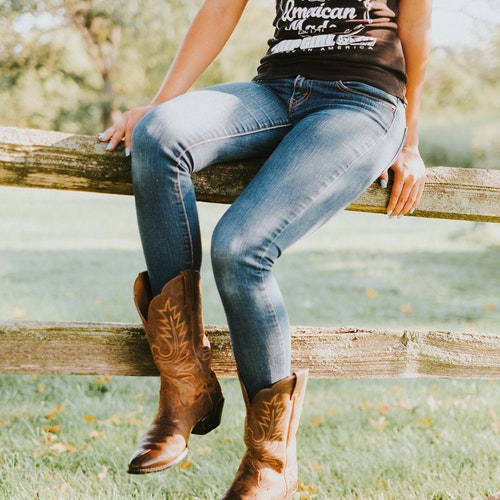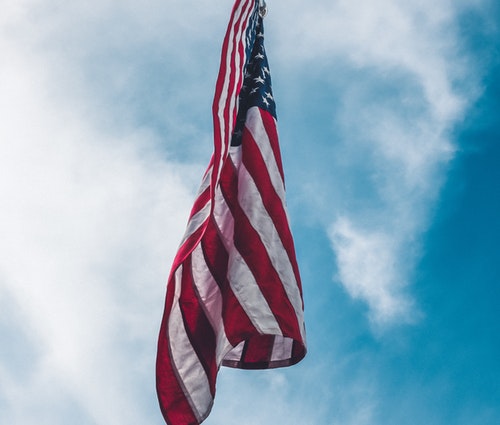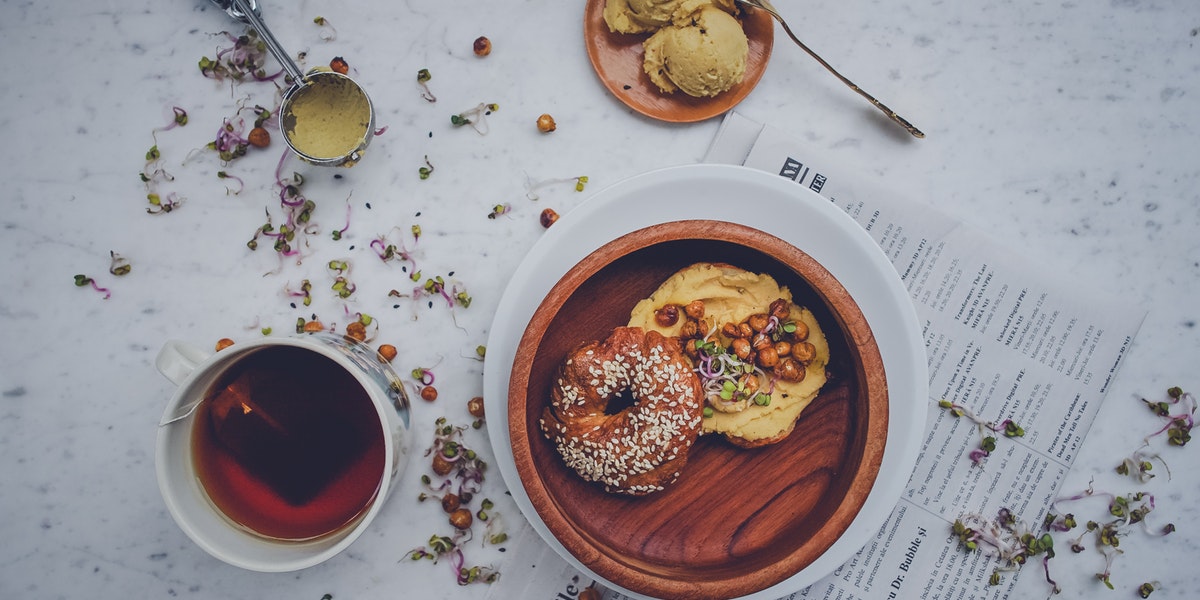
I tend to use lots of checklists and todo lists to a make sure things get done, and offload having to think about, and worry about them constantly.
Which lets me get straight to work.
Recently I've been just having coffee first thing in the morning and then making breakfast later or going out.
Yet, for me personally I try not to fall into a routine, otherwise I'll expect it and rely on it too much. Like if I always make coffee every morning, then I suddenly run out, or am too busy, I feel kinda shitty for the rest of the day. For me, every morning is a little bit different, mostly depending on how late I was working last night, who's still at home when I wake, where I wake, etc.
I know I'll use any little interruption as an excuse to procrastinate so I have worked out a routine. It goes like this: I start my morning with meditation, the doing some exercises, breakfast while listening audio book, after breakfast and then I will start working.
- Set an alarm for 9:40pm. This alarm is a "heads up -- it's getting close to bedtime" alarm. I've got 10 minutes to finish up my digital activities. Then brush teeth and prep for bed. Looking at a screen right before bed contributes to insomnia, so I spend the next 15 minutes reading a book. Not a kindle... an actual book. Also on my laptop I've got f.lux installed, so the screen temperature matches the time of day (apparently helps with sleep transition as well).
- Lights out at 10:15pm
- Alarm wakes me up at 5:50am. I snooze for 5 minutes, using those 5 minutes to let the morning light wake me up gently, sitting up to let blood flow from my head.
- Meditate for 15 minutes. Skipping morning meditation is like a surgeon skipping his hand-washing before surgery: he's likely to infect the next person he touches.
- 10 minutes of core and aerobic exercises, to music.
- Grab a protein shake and breakfast quinoa I made the night before. Munch and shower.
- I prioritize my day in Workflowy: what are the most valuable tasks I can get done today? Usually small effort / big impact tasks top the list. Stretch goals? What's on my todo-list but I'm NOT gonna get to today? Call that stuff out.
I know people that don't eat breakfast. It just isn't that important to them. BUT it is the best way to jump start your body. Even when I was less healthy, didn't care, and wasn't taking care of myself (I'm a former smoker) I would smoke my first after breakfast, it was always breakfast and a cup of tea before having a cigarette. If I didn't then I'd usually feel a little light headed.
Now I believe in taking care of myself, and a balanced diet and a rigorous exercise routine.
Some people I know will just throw in a protine shake and call it finished. Real food sources are always better than supplements, so if you can eat a good breakfast, I would do that over drinking a shake. Because it does more than add an energy source, it provides you will a lot of different benefits. And natural food sources are almost always better than artificial ones.
My morning routine also includes personal care.
In the morning, if my face is a little puffy, I'll put on an ice pack while doing my stomach crunches. I can do a thousand now.
After I remove the ice pack, I use a deep pore cleanser lotion. In the shower, I use a water activated gel cleanser. Then a honey almond body scrub. And on the face, an exfoliating gel scrub. Then apply an herb mint facial mask, which I leave on for 10 minutes while I prepare the rest of my routine.
Then moisturizer, then an anti-aging eye balm followed by a final moisturizing protective lotion.
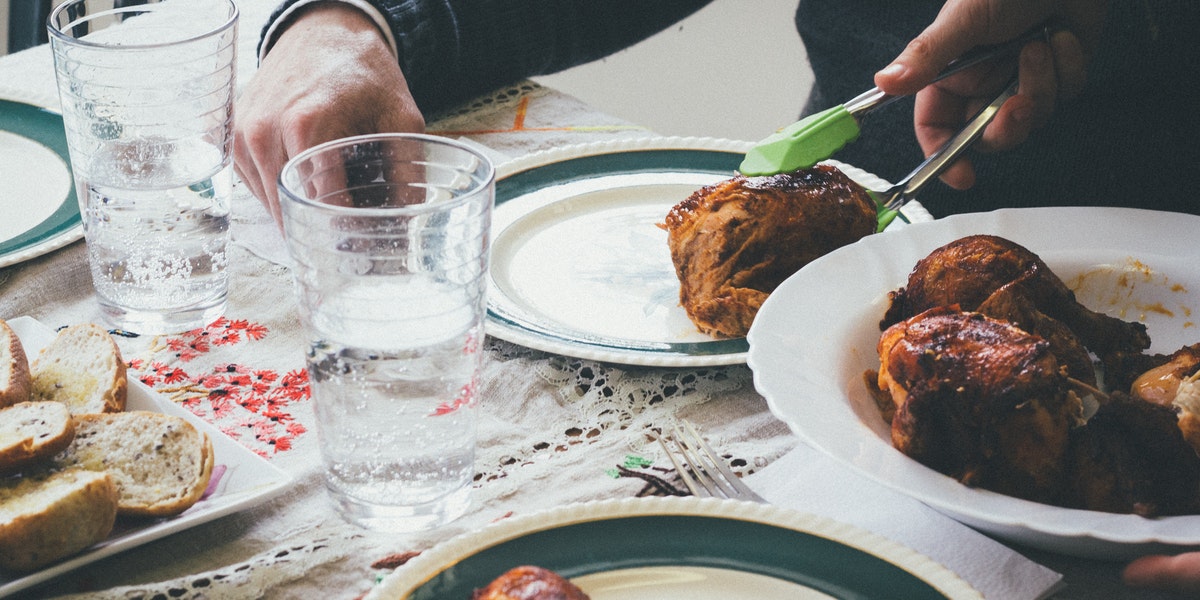
I looked at some wedding trends for 2017, it is sort of a hobby of mine, but I am also in the process of helping organize a bridal shower so it is also research. Should I have been surprised when Vogue criticized a rustic trends? I mean I guess if you live in NYC then you are too good for it, but there way of shunning it was totally uncalled for.
Please read the article. I feel like I am being too critical, but at the same time Vogue sounds like they're taking a picking on anyone using the boho/rustic aesthetic. This mentally t sort of reminds me of that episode of "Say Yes to the Dress." The show is mostly cute and funny and sometimes touching. But it really does remind me of the way Randy reacted when the bride wanted to wear wedge sneakers. Who cares it is her wedding.
I did the same thing. It's not so much a fashion statement as it was about comfortable. My dress was long enough that nobody saw them and I do NOT wear heels, ever. I wear flats almost everywhere. Both in private and professional so the fact that I wore anything was a miracle. I almost just said the heck with it and bought these but my future husband wanted me in "heels!"
Everybody has a different taste and that it was I find the Vogue article was, too harsh. If you don't agree, don't, but there is no reason to be so cruel. I think what bothered me the most is that it made me really sad actually. They reminded me of the girls in school.
My sister is having a food truck (along with a catered buffet), a flower crown and whatever else she feels like. And I doubt her barn wedding is original (I know it's not) but she wants the "rustic romantic" look, who cares that it is the current fad right now. She holds a degree in equine science. And the plan of getting married at a barn makes sense to her.
And you would just have something like that sold to you if you had a wedding planner. Sure they would doll it all up. Make it sound original, but they would just sell you the same thing that they have sold to other people. Another things is that I felt that the people quoted were party planners for the rich and beautiful.
So what if it is the "it" wedding right now.
People will say things like "you don't want to look dated in your photos."
But your photos capture a point in time. When you look back at them they will look dated, because they are, and that's ok!

So does your pool of friends.
In college I never had a problem with too few friends. In fact it was the opposite for me. I hd too many friends and not enough time.
Well the time thing is still there, but the friends have become fewer. One thing that made a big difference was that the bulk of my friends were in my same program.
So I would hang out with them to do homework and study.
Maybe not the most exciting thing, but doing homework with your friends is an easy way to spend time together. I didn’t see the friends outside of my major quite as much, but would usually find time to go out with them on weekends. I essentially just lived on campus. I would get to campus around 7 in the morning and bring all my crap with me for the day. I’d dump it in a locker at the gym and do class, work, and the gym all day, then go home sometime between 5 pm and 2 am, depending on the day.
If you can, get a job on campus. This makes things so much easier. And it is better than commuting to a crappy job. You only have so much energy.
I'm not going to have time, energy, or desire for everything in my life all the time. The first step was to accept that.
There will not always be a balance. What helped me the most was to plan and schedule absolutely everything, schedule time to nap, grocery shop, etc.
One of my college friends told me once that being an adult, it's just too hard. "How do people do it," she asked me. Trust me, college is the easy part. Life is much harder, and you don't graduate to life until after you get your diploma.
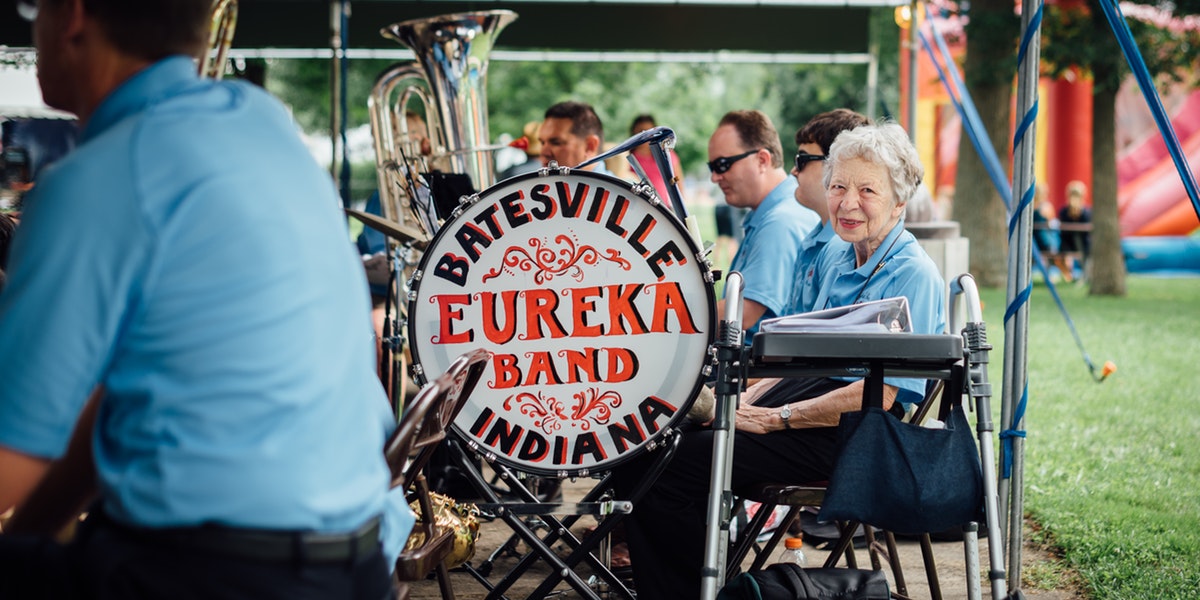
To me, family is WAY more important than career. A job is a means of survival, and ideally should interfere with family as little as possible.
Yet, the survival is the part that keeps me coming back every day. I am perpetually exhausted. Happy, fulfilled, challenged, but exhausted. There are some things I have done to work on striking balance. I find that insulating my family from the day job is important.
My husband does not bring work home but I have to and so it ca conflict with my views.
What I do is simple, I do all my planning for the week on Saturday or Sunday morning, but NOT both. I work collaboratively with colleagues who share the same job with me, I will do Saturday or Sunday and they will cover the other day. What I dois wake up early while everyone else is sleeping in, go out on my back porch with a cup of coffee and spend 3-5 hours working with few distractions compared to the business of the work week.
I allow myself the freedom from perfection. I know I could do better if I sacrificed my family a little but I won't.
Your best at both is impossible!
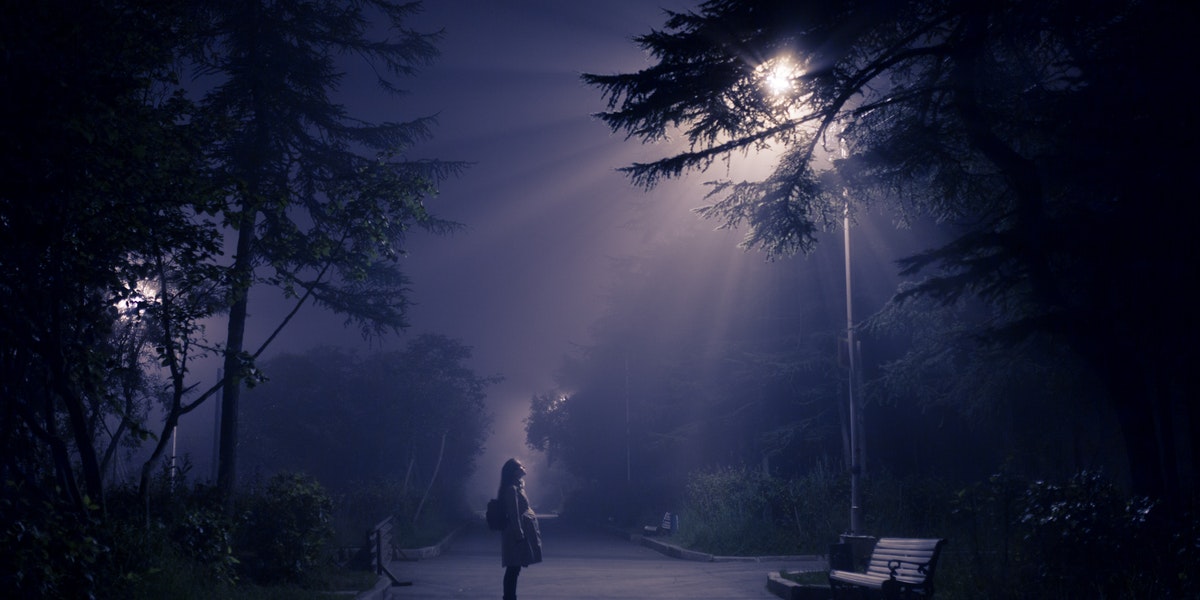
Most people have other interests or hobbies that don't align with their current job.
Even if you enjoy your job, leisure time is still important. Besides, even if your job was the reason for your existence, if you're constantly stressed out, you'll burn out and not enjoy it any longer. So, even if you have no interests outside of work, you still need to find ways to lower stress and decompress.
For high-skill labor, the problem here is can be attributed to corporate culture.
Take Japan as a extreme example. They work some of the longest hours as proven by the chart and other sources. But, there is a culture where leaving work early is generally frowned upon even if your work for that day is done and staying at work late to creates the perception of being a hard-worker even if you are productively able to accomplish very little. This culture exists in other first-world nations as well.
I suppose part of the problem here is that many places management expects workers to "look busy".
THis leaves little time to actually contemplate a problem to find a solution. Often times I find that staring out of the window, going for a walk, or playing a mindless game for a little while. Allows my brain to process things in the background. If I have to "look busy" I might just be banging my head against the same mental wall without progress. But hey at least I "look busy" so obviously that means I am a hard worker.
Something else to consider, though, is that work-life balance isn't simply dependent on how much time you spend working.
One of the most common strategies that companies use to improve work-life balance are flex-time and flex-place policies.
A country with large populations of poor people are going to be working longer hours, or even multiple jobs, just to make survival wages. On the flip-side, you have a lot of the Nordic European countries, like Sweden, Denmark, Finland, Norway, that are among best countries for social welfare programs that even allow the poorest to have a decent life and free education.
As the OECD explains it "Percentage of people who are wroking 50 hours or more a week on average for the past year". You can find more info and more details per country on the OECD page.





